ARTICLES > THRIVE
WHAT TO DO IF YOU ACCIDENTALLY EAT GLUTEN
If you have a gluten sensitivity or coeliac disease, you might know straight away after an accidental gluten intake. Here’s how to ease your symptoms.
From time to time, accidental ingestion of gluten can happen due to factors out of our control, often when eating away from home. When this happens, how quickly we react and how severe our symptoms are will vary depending on the amount of gluten consumed and our level of sensitivity.
Some people with coeliac disease develop symptoms very soon after consuming gluten, even within an hour, while for others, many hours can pass before symptoms appear. Some will have no obvious reaction, while others may experience varying degrees of symptoms.
Remember, you can’t rely on the absence of symptoms to indicate you are safely able to consume gluten, as bowel damage can occur despite the absence of symptoms. You should always stick to a strict gluten-free diet, even if you don’t feel unwell when gluten is consumed. If you have accidentally eaten gluten, you don’t need to panic.
Here’s what helps:
- Stay hydrated by drinking plenty of fluids. If you are having a lot of vomiting or diarrhoea, over-the-counter rehydration fluids available in powder form, such as Hydralyte or Gastrolyte, can help replace lost fluids more effectively and safely.
- Get plenty of rest and give your body time.
The following approaches might help too:
-
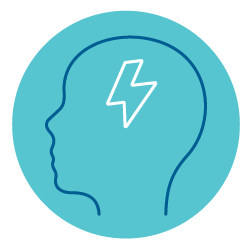
HEADACHES
Drink plenty of fluids. Paracetamol can be helpful. Stronger anti-inflammatory medications such as non-steroidal anti-inflammatory drugs (NSAIDs) like Ibuprofen or aspirin, should be avoided if you are experiencing gastrointestinal symptoms – only use if recommended by your doctor.
-

DIARRHOEA
Make sure you stay hydrated. If diarrhoea is not resolving and there is risk of dehydration, anti-diarrhoeal medications can be used, such as GastroStop. This will be unnecessary in most cases.
-

NAUSEA/VOMITING
If vomiting is not settling, an antiemetic (anti-vomiting medication) may be warranted. These need to be prescribed by your doctor. Foods or drinks containing ginger, such as gluten-free ginger biscuits, ginger ale or ginger tea may help to relieve nausea.
-
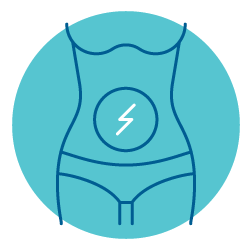
CRAMPING/ABDOMINAL PAIN
Mostly, people will not need to use anything; however, over the counter anti-spasmodic drugs, such as Buscopan, or peppermint tea can help.
-

REFLUX AND HEART BURN
In most cases people will not need to use anything; however, an over-the-counter antacid such as Mylanta or Gaviscon can be helpful. Use medication only as directed and seek advice from your doctor if you have any concerns.
The symptoms of coeliac disease can be similar to the symptoms of other conditions. When unwell, we can sometimes assume that gluten is the culprit; however, it may not be. If your symptoms persist and/or re-occur regularly then consult your doctor about other potential causes.
There is no way to know how much damage may occur when gluten is accidentally consumed. An accidental one-off exposure to gluten will not increase your risk of long-term health complications. However, regular and ongoing intake of gluten can pose a risk to future health and should be avoided.
Remember, don’t let the risk of gluten exposure stop you from enjoying social occasions and important events. Gluten-free food can still be enjoyed and used to help celebrate!
READ THIS NEXT
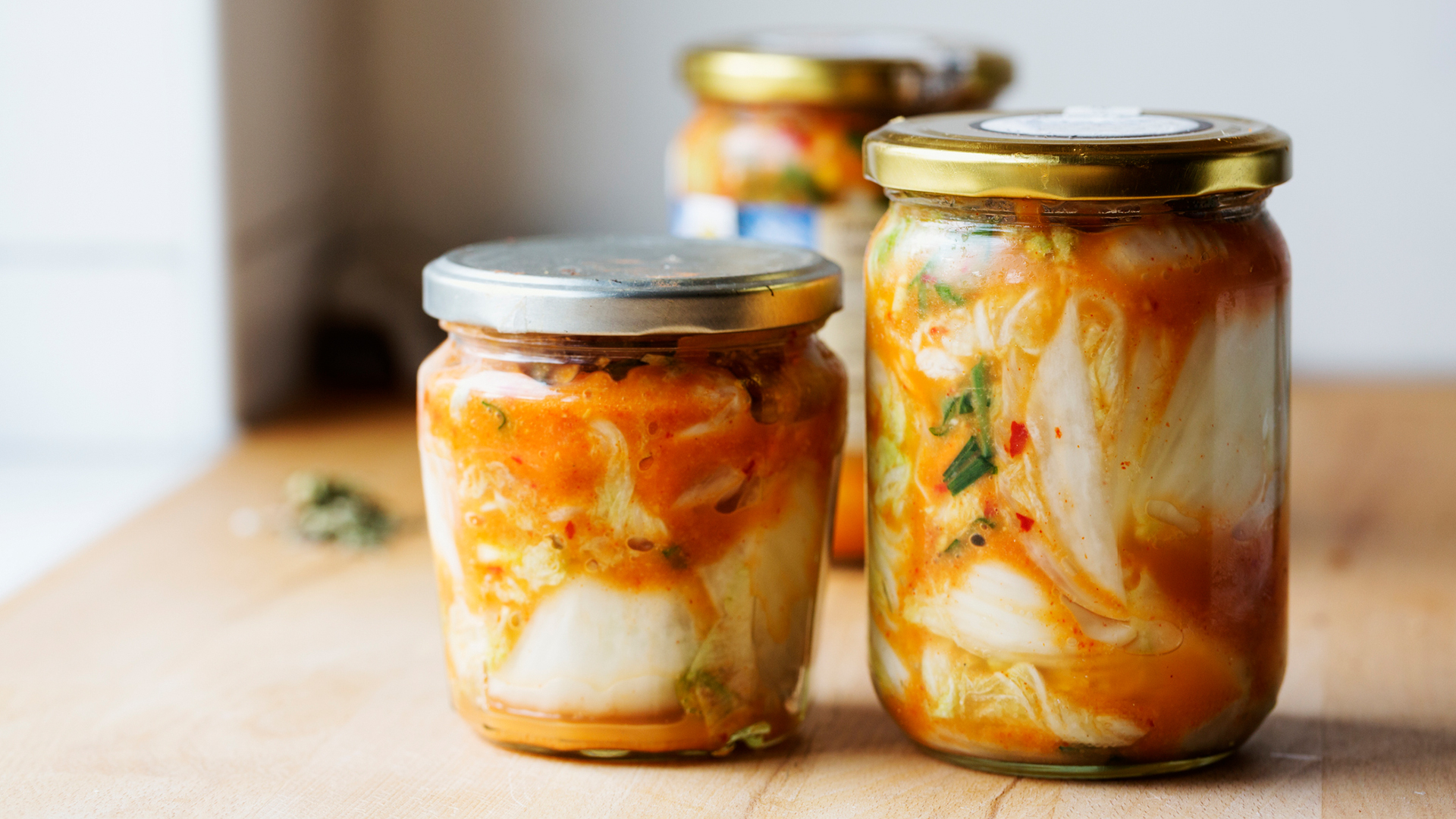
GLUTEN-FREE FOODS FOR GUT HEALTH
Can certain foods improve your gut health when you have coeliac disease? Get into the fascinating world of the human gut and the power of fermented foods.

HOW I LEARNED TO LISTEN TO MY GUT
In the first of our coeliac disease stories, podcaster Ben Hampton shares the journey of his coeliac disease diagnosis, the surprise of developing an autoimmune condition despite a healthy lifestyle and the need for men to be proactive in seeking help.
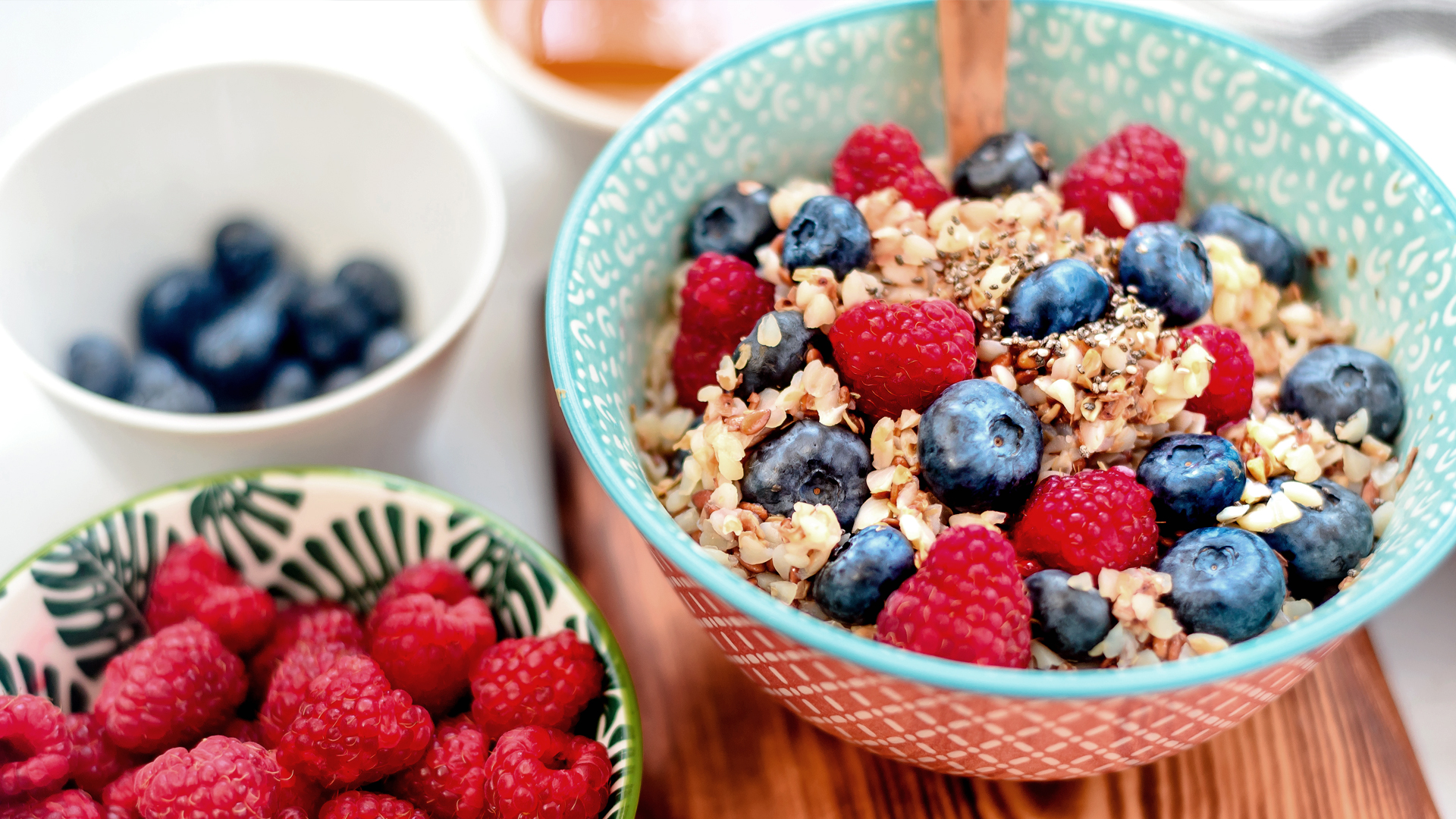
7 GREAT GLUTEN-FREE BREAKFASTS
Looking for gluten-free breakfast ideas? From quick and nourishing brekkies to best-ever brunches, we have a whole week planned for you to get you inspired.
See more





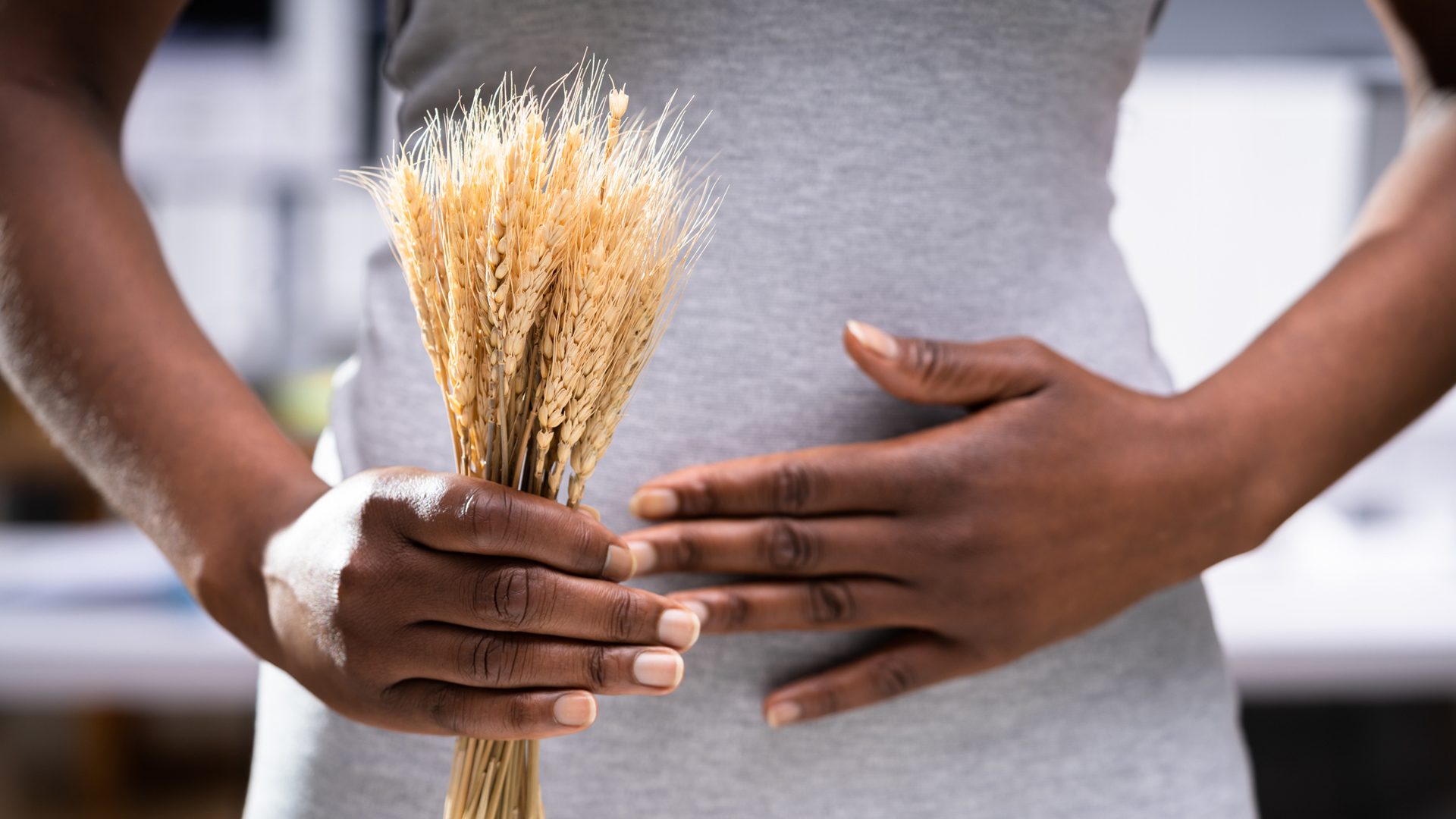









Good to know
Great article and describes accurately all the things that happen to me when I ingest gluten!